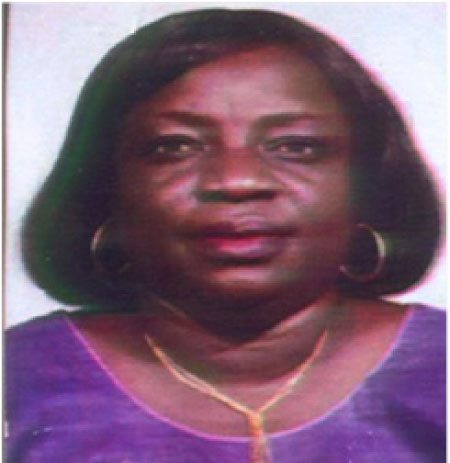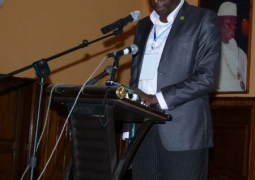
A four-day national gender training workshop organised by the Dakar-based ECOWAS Gender Development Centre, in collaboration with the Ministry of Women Affairs during the weekend ended at the Paradise Suites Hotel in Kololi.
The training brought together participants from various sectors, including the security, civil society, the private sector, the government and individuals dealing with gender issues.
It was aimed at enhancing the participants with the requisite knowledge on gender mainstreaming and analysis.
The training also sought to further build the capacities of the participants to understand the concept of gender mainstreaming, gender and climate change, sustainable development, among others.
It was anticipated by the organisers that the interaction and experience shared between the participants would enable them to make gender analysis, plan strategically and also integrate gender issues into the country’s programme within the national framework.
In her remarks at the closing ceremony, Madam Aminata Dibba, the Director of ECOWAS Gender Centre, expressed delight at the collaboration with the Office of the Vice-President and the Ministry of Women Affair.
She commended the participants for their level of participation, saying the four days were very interactive, as according to her, the training was held with a high sense of commitment.
Madam Dibba said a lot of knowledge has been achieved during the forum with regard to analyzing the gender situation in The Gambia from the country’s own perspective using gender analysis framework.
“It is expected that the participants will now apply these skills in their everyday work and lives,” she noted. “It is important that this starts now and that we act individually to make gender equality by 2015 and beyond.”
Madam Dibba also expressed hope that the knowledge gained from the four-day forum would strengthen the capacities of the participants to transform The Gambia into a more just and equitable society.
“This can only happen if gender is attained and no boy or girl, men or women, in spite of their socio-economic background ethnicity, religion or disability, is left behind, excluded from basic social services, or their rights abrogated,” Madam Dibba said.
She added: “We are all aware that gender is an ongoing commitment, which calls for innovativeness and creativeness on how we manage our relationship at home with children, partners and spouses.”
“It calls for negotiations, advocacy and lobbying skills to ensure that we can influence policies and bring about the desired behavioural changes.”
According to her, The Gambia has made significant strides in setting the gender agenda, thanks to the gender-friendly atmosphere created by the government.
In her official closing statement, Naffie Barry, the Permanent Secretary at the Ministry of Trade, Industry, Regional Integration and Employment, thanked the ECOWAS Gender Development Centre for organising the forum in The Gambia.
The forum would no doubt better equip the Gambian people with the necessary knowledge on gender mainstreaming, violence against women and other related issues, she said.
During the four-day forum, participants were exposed to the dynamics of gender equality and mainstreaming, which would contribute towards the elimination of gender disparities and inequalities.


